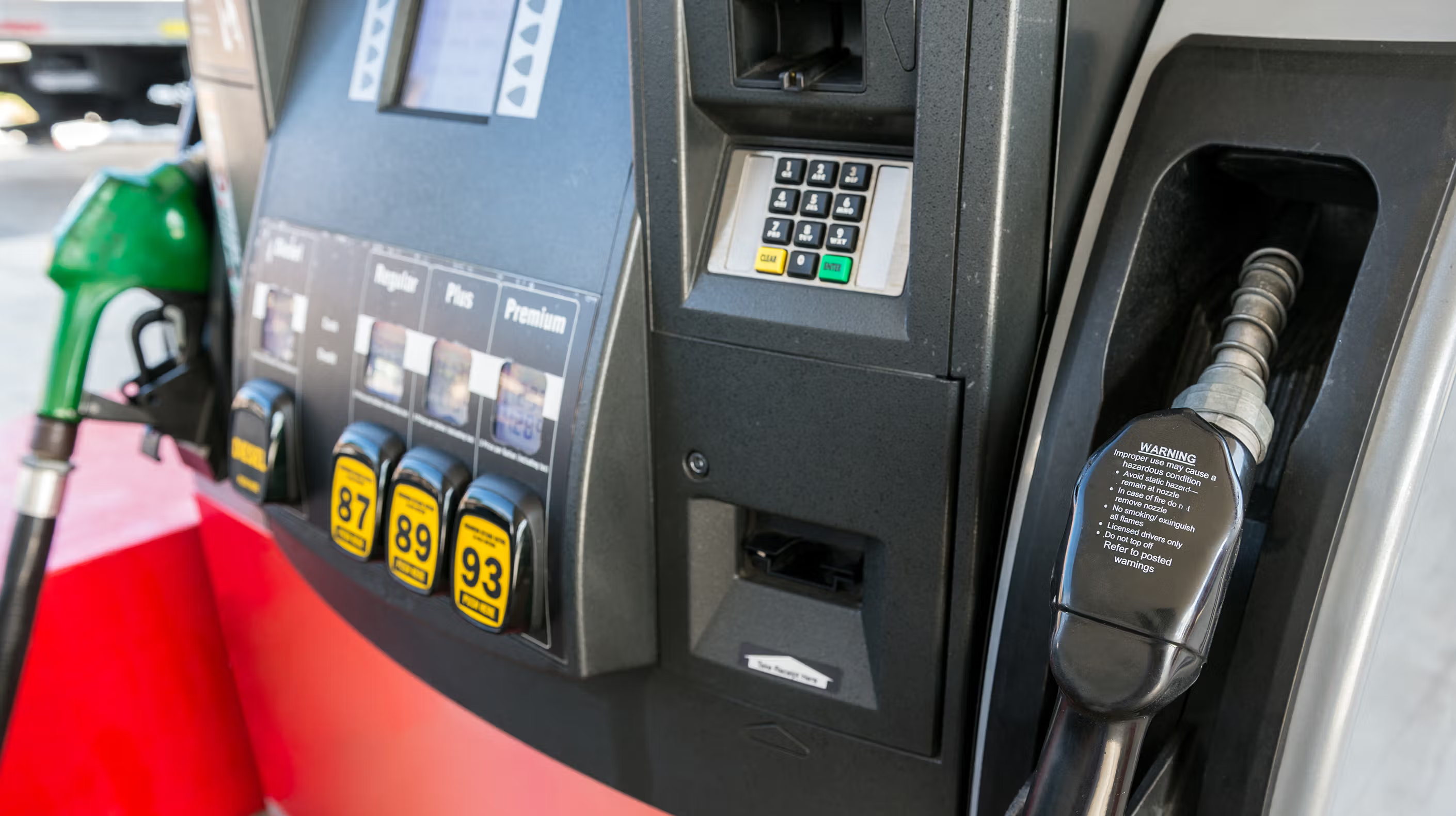Also in this category
View more in Fleet ManagementFleet Management
What is fleet management, and why is it important?

Businesses with moving assets —lorries, cars, vans, construction machinery, and more — need a good system to keep track of where their assets are, and how they are being used.
They need to make sure assets are being used efficiently, safely and securely.
This becomes even more critical as businesses accumulate more assets, and grow their operations.
To improve productivity, security, compliance, safety, and reduce costs, businesses employ a fleet manager, or use a fleet management company, to have oversight of their fleet of assets and increase fleet performance.
Generally, these assets are driveable assets, such as cars, vans, trucks, lorries and other commercial vehicles, but fleet management can extend to include other types of assets that need to be tracked.
What does a fleet manager do?
A fleet manager has several responsibilities within a business, which will vary depending on the type of business, the business size, and the industry.
A fleet manager’s duties can include:
- Managing an inventory of all business assets, including purchasing new vehicles or disposing of assets, and monitoring vehicle lifecycles.
- Implementing fleet management software including installing GPS vehicle tracking or other tracking systems that can provide real-time vehicle location.
- Developing and enforcing business policies on asset use and driver behaviour, including company vehicles available for private use, or vehicles that are part of a leasing arrangement.
- Monitoring fleet operating costs, providing monthly reports, and suggesting cost reductions on fleet operating costs.
- Make sure vehicles and drivers are meeting compliance requirements, such as MOT checks and maximum driving hours. This generally includes implementing systems to manage vehicle maintenance, emissions, and promote preventative maintenance.
- Setting up systems to protect against liability claims. This could include adding dash cams to vehicles or running driver safety training courses.
- Helping dispatchers, drivers and supervisors use company assets more effectively and improve fuel efficiency. Steps to improve resource utilisation would include implementing route planning software, real-time tracking, and reporting to show idle assets.
- Based on the fleet data and metrics they collect using a telematics system, fleet managers are expected to help upper management make more informed decisions for the business, particularly around cost savings, automation and driver management.
Fleet managers coordinate with other parts of the business including HR, legal, customer service, safety managers and accounting.
Fleet management solutions have helped fleet managers streamline their job, especially in recent years with the introduction of more advanced fleet management technology using GPS tracking, built-in reports, proactive notifications, automated rules, and the ability to connect to other company systems via API.
Why is fleet management important?
A fleet of vehicles that isn’t managed, or isn’t managed well, will likely experience some, or all, of the following problems:
- Spiralling fleet operation expenses related to fuel consumption, overtime, and insurance.
- An increase in accidents, with damage to person and property.
- Misuse of company assets, with no real-time visibility or asset tracking to monitor usage.
- Fines related to non-compliance, and risk management becomes more difficult.
- Low driver retention, or risky driving behaviour.
- Disorganised or missed fleet maintenance of vehicles, or uncontrolled maintenance costs and no maintenance schedules.
- Lower standards of customer service and lack of route optimisation, increasing delivery times and fuel usage.
- Poor resource utilisation, increased downtime, and a lower return on capital invested.
- Bad decisions related to vehicle acquisition, or disposal.
- A lack of accurate reporting can make business forecasting impossible.
With the large costs associated with running a fleet in today’s market, a good fleet manager can actually result in a positive return on investment, paying for themselves through savings in both operating costs and capital expenditure.
Fleet managers use fleet management software to help them automate tasks, which can relieve the administrative burden, improve reporting accuracy, and make sure critical events are not overlooked.
What sort of fleet management software do you need?
The type of fleet management system, or fleet tracking, that you’ll need depends on your business size, industry, and the type of assets you manage.
Where the business is located will be a factor too, since compliance laws differ by country. For example, driver hours are managed by ELDs and HOS in the US, in the UK it is HGV Driving Hours legislation that determines the maximum number of hours that can be worked.
There are a number of different features that can be added to your fleet management software to enhance management capabilities, increase the quality of the data you collect, and promote a more efficient fleet.
- Delivery planning, route optimisation and dispatch.
- Fuel cards to improve fuel management and help reduce fuel costs.
- Mobile apps for supervisors who work outside the office.
- Sensors to track engine diagnostics, cargo temperature or non-powered assets.
- Dash cams fitted to the vehicle or cargo holds.
- Compliance solutions to monitor activities such as driving hours.
Fleet managers perform a critical role in any business that has assets that need to be managed, coordinated and secured. Paired with an effective telematics solution, fleet managers can be a powerful resource to make your business more efficient, safe, secure, and increase profitability.




